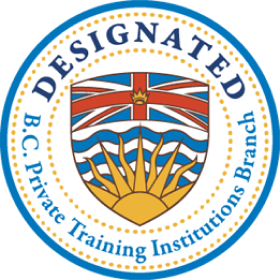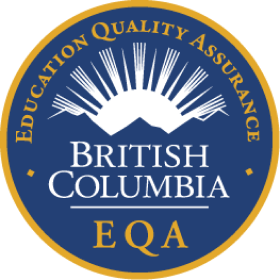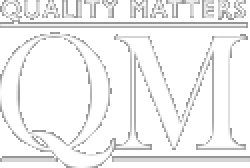GET MORE INFO NOW!!!
Start your journey towards a new career today by requesting program details.
 Financial Assistance
Financial Assistance
 Career Options
Career Options Start Dates
Start Dates Job Opportunities
Job Opportunities

Assessment
Is Career Training Right For You? Find Out!
Posted by AOLCC | 3rd March 2023

Accounting administrators are professionals who assist businesses with the management of financial documents like invoices, cheques, tax forms, and financial statements. They require a profound understanding of finances and possess an array of soft skills like strong organization, communication, computer literacy, and problem-solving abilities. If you can see yourself working in this field, an accounting administration diploma will be an excellent starting point to your career. Keep reading for an inside look at the daily responsibilities of a professional who has completed accounting administration training.
As an accounting professional, organizational tasks are an excellent way to start your day. Whether you work in a large organization or manage finances for a small business, you will be dealing with a large volume of financial documents and records. To streamline the workday for you and the rest of your team, the use of task management software can help you start your day knowing what must be completed and keep you aware of upcoming deadlines. This is also an excellent time to check emails and voicemails for a clear idea of the client deliverables ahead. After business and accounting training, your ability to stay organized will have a positive impact on the performance of your entire department, making you a valuable asset to any financial team.

From January to April, accounting professionals experience a large influx of work due to fast-approaching tax deadlines. In your accounting administrator role, you will likely be responsible for assisting in the preparation and filing of tax forms. To complete tax-related tasks, you’ll need to be proficient in industry-standard accounting software, which is covered in our diploma program. Our graduates have a strong grasp of Sage 50 Premium Accounting, QuickBooks, Sage 300 General Ledger, Sage 300 Accounts Receivable, and Sage 300 Accounts Payable. Excellent office skills will also help you successfully tackle busy periods as you refer to financial records and use Microsoft Office tools to communicate with your team. In career college, you will learn to follow basic office procedures and bookkeeping to assist your department during a potentially overwhelming time efficiently.

Data entry is an essential skill for accounting administrators. To keep financial documents organized and up to date, recording transactions as they occur will be a helpful habit to adopt. By learning the best practices of keyboarding, spreadsheets, and bookkeeping in our accounting administration diploma program, you will be fully equipped to optimize the efficiency and accuracy of the financial records you’re managing.
In addition to the skills you need to complete the daily duties discussed above, our program covers business skills, database management, and employability skills to prepare graduates for career success.
Are you interested in attending a career college in BC?
Contact AOLCC BC to learn more about our program.
Start your journey towards a new career today by requesting program details.
This fun, online quiz takes 3 minutes to complete and you’ll get a personalized report. Identify your strengths and social style plus the training and positions you’re best suited for.Get Your Career Training Readiness Score Now

B.C. Private Training
Institutions Branch

B.C.
Education
Quality Assurance
699 Victoria Street
Kamloops, BC V2C 2B3
Phone: (250) 372-5429
Fax: (250) 372-5462
#204-347 Leon Avenue
Kelowna, BC V1Y 8L7
Phone: (250) 868-3688
Fax: (250) 868-3511
1551 Estevan Rd #7,
Nanaimo, BC V9S 3Y3
Phone: (250) 753-4220
Fax: (250) 753-4295
#200-754 Goldstream Ave.
Victoria, BC V9B 5T2
Phone: 250-391-6020
Fax: (250) 391-6021

